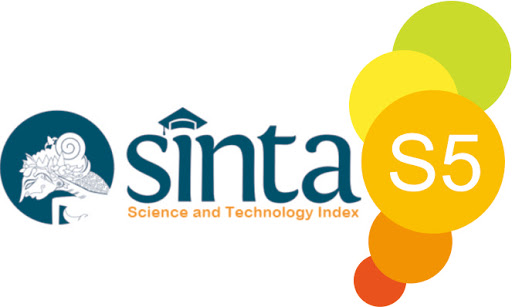Quranic Language Politeness Education in the Era of the Industrial Revolution 4.0
DOI:
https://doi.org/10.32734/abdimastalenta.v4i2.4187Keywords:
Politness, Qurani, Industrial Revolution, DisruptionAbstract
This paper aims to introduce the modesty model of the qurani language as an alternative foundation of the politeness theories of language that have been taught so far. This model is important to be applied in the life of industrial revolution society 4.0. Fundamentally the industrial revolution 4.0 has caused changes in the way humans live, think, and interact in establishing relationships with one another. In turn this era has disrupted various human activities. These include language activities which are a form of social interaction. The phenomenon of impoliteness, harassment (bullying), and verbal violence is increasingly massive in the real world. Even the industrial revolution 4.0 which provides easy internet access and advances in information technology has also led to an increase in the phenomenon of hate speech, the dissemination of hoaxes and cyber bullying that can threaten social harmony and the unity of the multicultural Indonesian nation. Therefore it is necessary to develop a polite language education model based on religious teachings.
Downloads
Downloads
Published
Issue
Section
License
Copyright (c) 2019 ABDIMAS TALENTA: Jurnal Pengabdian Kepada Masyarakat

This work is licensed under a Creative Commons Attribution-ShareAlike 4.0 International License.
The Authors submitting a manuscript do so on the understanding that if accepted for publication, copyright of the article shall be assigned to Jurnal Abdimas TALENTA as well as TALENTA Publisher Universitas Sumatera Utara as the publisher of the journal.
Copyright encompasses exclusive rights to reproduce and deliver the article in all forms and media. The reproduction of any part of this journal, its storage in databases and its transmission by any form or media, will be allowed only with written permission from Jurnal Abdimas TALENTA.
The Copyright Transfer Form can be downloaded here.
The copyright form should be signed originally and sent to the Editorial Office in the form of original mail or scanned document.












